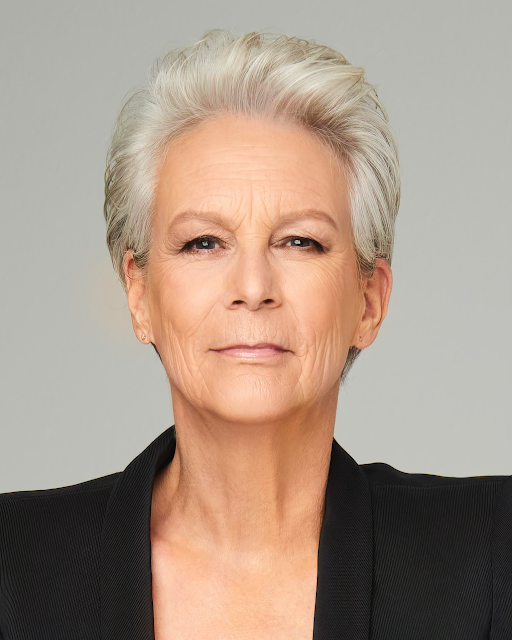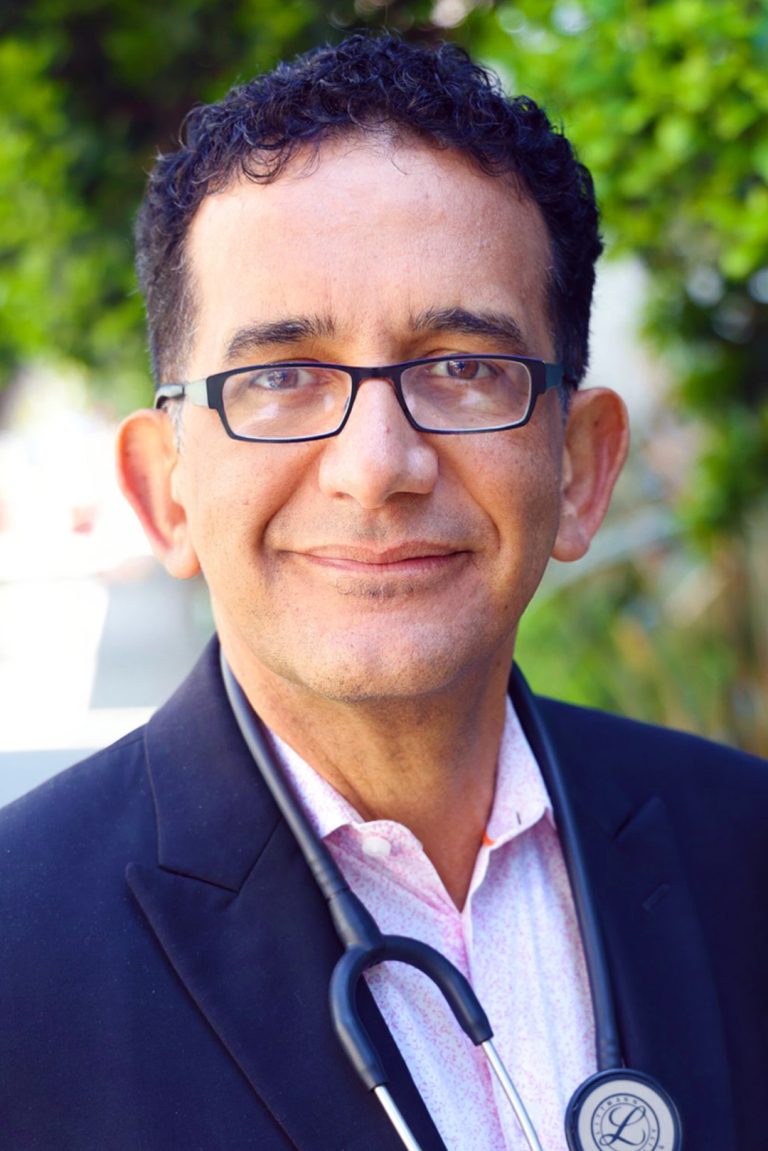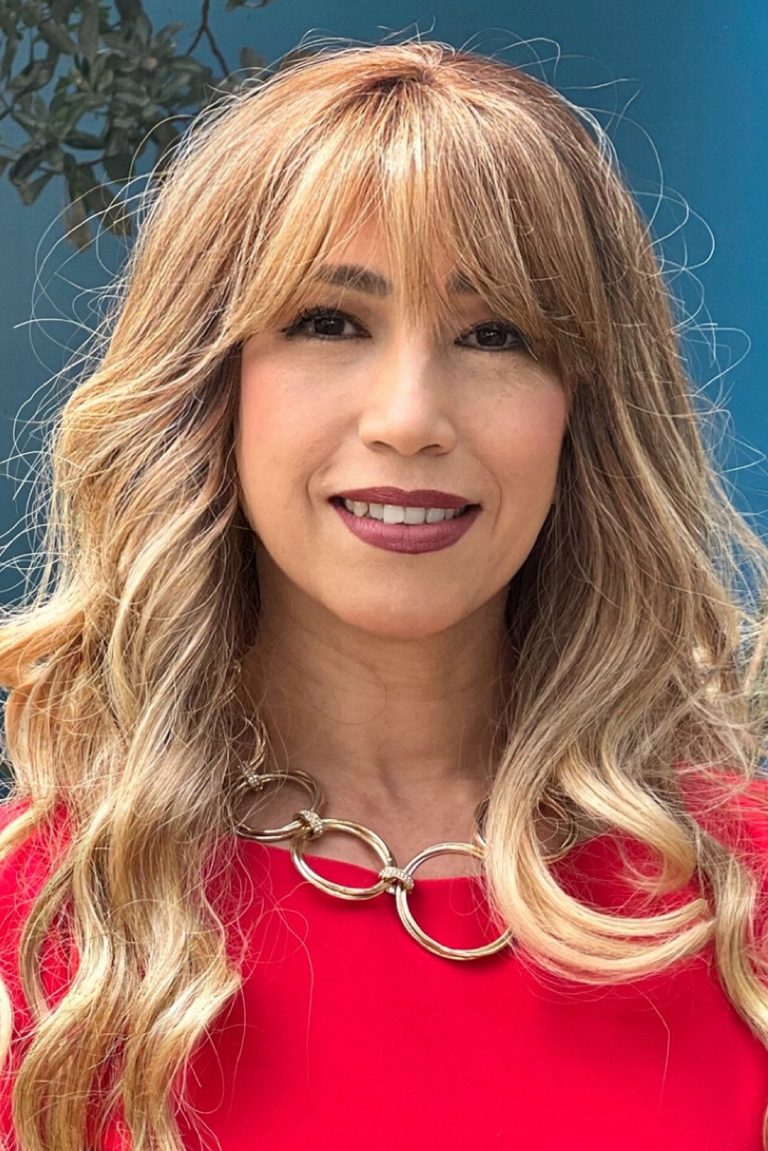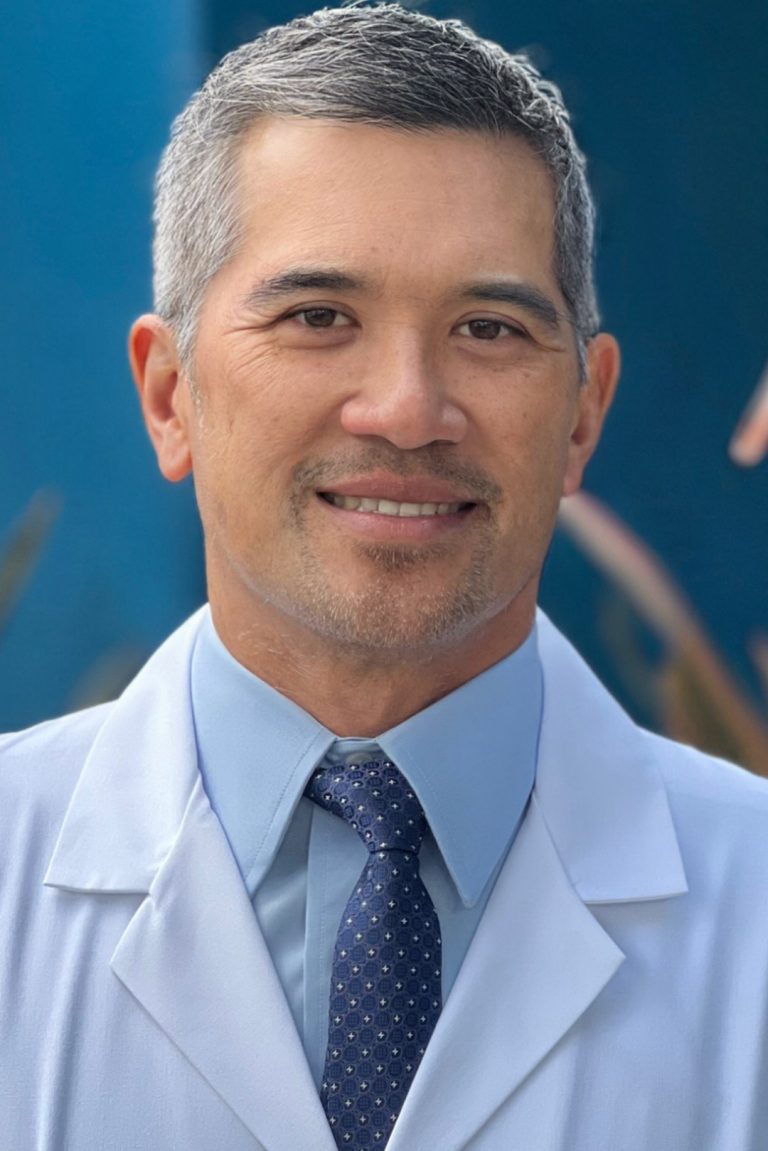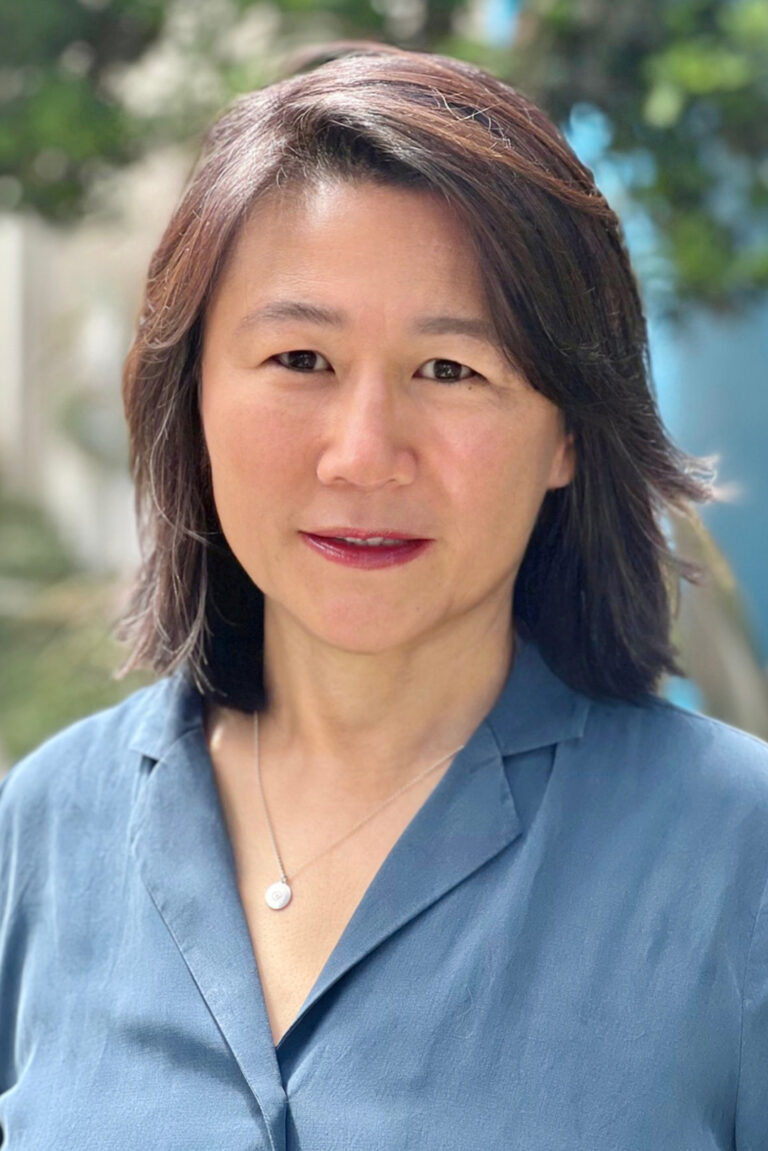Edison de Mello, MD, Ph.D. & Sahar Lashin MD, Ph.D.
As you might have read, it’s been frequently reported that cancer rates are climbing among younger adults in the United States, and that should raise the alarm in the medical community.
According to the American Cancer Society, cases of colorectal cancer in people under 55 have jumped from 11% in 1995 to 20% in 2019. What’s even more concerning is that since the late 1990s, colorectal cancer has gone from being the fourth leading cause of cancer death in those under 50 to becoming the top cause of cancer death in men and the second leading cause in women.
Despite this worrying trend, the Centers for Disease Control and Prevention (CDC) suggests that only adults aged 45 to 75 should undergo colorectal cancer screening. While there are various screening methods available, the Food and Drug Administration (FDA) considers colonoscopy the “gold standard” for screening.
Considering the increasing rates of colorectal cancer among younger adults, it’s clear that waiting until 45 for the first colonoscopy might not be the best approach for everyone. Experts point out that certain factors, such as personal health history and family health history, might indicate the need for earlier screening. So, here are some signs that might indicate it’s time to consider getting screened earlier:
Signs that I should have a colonoscopy ASAP?
Blood in the stool.
The American Cancer Society notes that discovering blood in your stool doesn’t necessarily indicate cancer, but it could serve as a potential red flag. If you observe blood, even if it’s just a minor amount on the toilet paper, and you suspect it’s because of hemorrhoids, it’s crucial to have it examined. Make sure to inform your doctor about the color of the blood—whether it’s bright red or dark brown—or if it results in a black, tarry stool.
Bowel changes.
At Akasha, we stress the significance of recognizing any changes in bowel habits and appearance, as they may indicate underlying health issues. This includes noticing differences such as increased or decreased frequency of bowel movements compared to your usual pattern or variations in the shape or consistency of stool. It’s essential not to dismiss persistent constipation, as it could signal an underlying problem.
The American Cancer Society advises individuals to discuss any lasting bowel changes with their doctor, underscoring the importance of seeking medical attention. A physical examination is recommended at a minimum, and your doctor may also suggest a colonoscopy for a more comprehensive evaluation.
Unexplained abdominal pain or weight loss.
Unexplained abdominal pain can be worrisome. It may manifest as cramps, general discomfort, or intense pain. The level of discomfort can vary depending on an individual’s perception and pain tolerance. Similarly, if you experience unintentional weight loss, it’s recommended that you consult your doctor, as it could indicate a need for further evaluation, including a colonoscopy.
Family history of colon cancer
A family history of colorectal cancer, such as a parent, sibling, or child, is a sign to undergo screening before the age of 45.
According to research, if you have a first-degree relative with colorectal cancer, your risk is approximately double. If that relative was diagnosed at age 50 or younger, your risk can be tripled.
For those with a family history of colorectal cancer, it’s recommended to have their first colonoscopy at age 40 or 10 years before the age at which their family member was diagnosed—whichever comes first. If a family member was diagnosed at 44, the individual should undergo their first colonoscopy at 34. Individuals with parents or siblings with large polyps should also be screened at 40.
It must also be emphasized here that removing precancerous polyps during a colonoscopy can reduce the risk of colorectal cancer in the future. Since polyps might not be commonly discussed among family members.
Iron Deficiency Anemia, inflammatory bowel disease, or a history of certain cancers are also risks.
While iron deficiency anemia is prevalent among young women, it can signify underlying issues for some, though not all. Menstruation commonly causes iron deficiency anemia, but if your OB-GYN expresses concern or you feel anxious, it’s essential to reach out to your doctor and discuss the possibility of a colonoscopy. Iron deficiency is always a concern in males, and a conversation about a colonoscopy with your doctor is warranted. For individuals with inflammatory bowel disease, undergoing a colonoscopy before reaching 45 years of age is recommended.
Any inflammation involving the colon can elevate the risk of precancerous changes known as dysplasia or colon cancer. Other medical conditions, such as a history of pelvic or abdominal radiation treatment for unrelated reasons, can also increase the risk of colon cancer.
If you have a personal history of colorectal cancer or carry a genetic alteration associated with cancer, you’re likely at a heightened risk. Early surveillance for colorectal cancer should be considered in such cases.
Advocate for yourselves and your loved ones: Colorectal cancer screening saves lives.
Individuals at higher risk due to family history or symptoms should undergo a colonoscopy. However, if you’re 45 or older with no risk factors and are avoiding screening due to fear of colonoscopies or issues with the prep, there are alternative screening options available, fecal, including fecal tests and CT scans.
The most important thing is to undergo screening if you’re of screening age. Currently, only about 70% of the at-risk population is screened, leaving 30% unscreened. Studies have demonstrated that active screening can decrease colorectal cancer mortality by at least 50%.
Take-home message
- There has been a concerning increase in colorectal cancer rates among young people. Simply because guidelines suggest waiting until age 45 for screening doesn’t mean it’s always the most prudent approach.
- Individuals born in the 1990s have double the risk of colon cancer and four times the risk of rectal cancer compared to those born in the 1950s.
- It’s absolutely vital to take family history, personal health history, and symptoms seriously. If you have any concerns, regardless of how minor they may appear, discuss them with your doctor and inquire about possibly undergoing a colonoscopy.
- Do not succumb to panic. Although the symptoms mentioned earlier don’t definitively mean colon cancer, they could indicate an underlying issue that warrants a colonoscopy.
- Colon cancer may be the underlying cause of the symptom changes. Staying proactive about your health is always a wise decision. At the very least, it can help you manage any troubling symptoms. And in certain cases, it could even save your life.

About the Authors
Edison de Mello, MD, PhD, is the founder and Chief Medical Officer of the Akasha Center for Integrative Medicine and Akasha Naturals. As a board-certified integrative physician and psychotherapist, he prioritizes a patient-centered approach, encapsulated by his motto, “Meeting the patient before meeting their diseases.” With a strong commitment to whole-person wellness, Dr. de Mello contributed extensively to publications and has authored a notable chapter on “Food Addiction” in Dr. Andrew Weil’s book. His latest publication, “Bloated: How to Eat without Pain,” has garnered praise from leaders in integrative and functional medicine. Beyond his clinical work, Dr. de Mello actively engages in community service, serving on various non-profit organizations that promote health and well-being.
Dr. Sahar Lashin, M.D, Ph.D., ABAARM, is the founder and Chief Medical Officer of the InterUtopiaMD Clinic in Orange County – and an Integrative physician at the Akasha Center. Known for her expertise in Gut health, hormone replacement therapy (BHRT), and Integrative Internal Medicine, Dr Lashin is Double Board Certified. A Swiss biological Medicine Graduate combined with a Ph.D. and MSc background brings a unique perspective to her practice. She is recognized for her innovative approaches to hormone optimization, gastrointestinal disorders, liver disease, metabolic challenges, and musculoskeletal conditions. She is passionate about education and regularly shares her knowledge through educational initiatives. Her unwavering commitment to excellence and compassionate approach to patient care has solidified her reputation as a trusted leader in Integrative Medicine.




